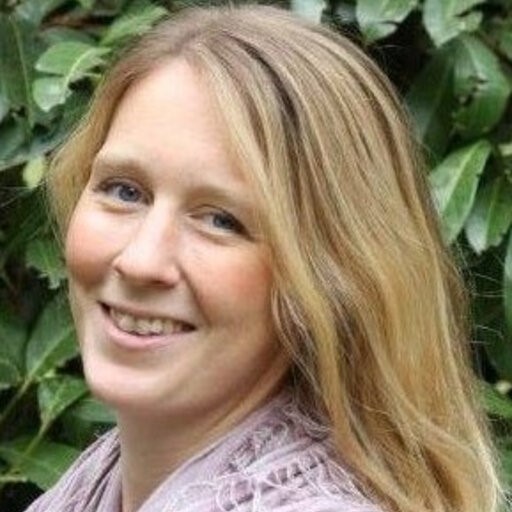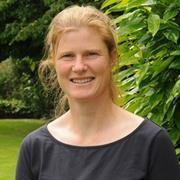
Meet the FABLE Ireland team
The team is led by University College Dublin (UCD). UCD is one of Europe's leading research-intensive universities. Since its foundation, the University has made a unique contribution to the creation of modern Ireland, based on successful engagement with Irish society on every level and across every sphere of activity.
The FABLE Ireland team uses the FABLE modeling framework to evaluate the economic and environmental impacts of implementing extensive agroforestry pig production on alternative land use, generate model-based projections of future agricultural activity levels and land-use required.
Models used by the team: FABLE Calculator.
Transforming food and land-use systems in Ireland
The Irish economy continues to grow rapidly and has come a long way since exiting the EU-IMF financial assistance programme in late 2013. Thereby, the Irish agriculture and food industry account for a disproportionate share of both employment and gross domestic production when compared with other developed countries.
The agri-food sector is the main indigenous industry in Ireland, using Irish raw materials, being predominantly in Irish ownership, and also has a wide geographic spread with both primary producers and food manufacturing/processing sites located across the country. Geographical and climate conditions in Ireland, as well as agricultural policy, favor the production of grass over cereal crops and have led to a focus on grass-fed livestock production systems. The vast majority of the agri-food products are exported (between 80% to 90% of the total domestic production).
As the Irish agri-food sector plays a key role in Ireland’s export-oriented economy, it will have to play a significant role in transitioning the Irish economy to become more sustainable. Notable challenges will thereby be the reduction of greenhouse gas emissions, changes in land use, and the enhancement of animal welfare.
The Irish Climate Action Plan outlines the significant role that agriculture will have to take to achieve a national reduction in greenhouse gas emissions in Ireland. Recent growth in the agricultural sector, especially of the bovine population, however, has led to a continuous increase in agricultural greenhouse gas emissions. For the agricultural sector to meet its potential, greenhouse gas emission targets could be challenging.
Ireland targets to expand forest cover to 18% of the total land area by 2050 under the current Forestry Programme. Despite the farm afforestation scheme, Ireland’s total forest area covered in 2017 was only 769,395 ha or 11% of the total land area, which is well below the EU-28 average of 38%. To achieve this target, an annual afforestation target of 16,000 ha per year would be required.
Irish citizens consistently report high levels of concern for animal welfare, and continuing to produce high levels of animal products for export from animals farmed in accordance with societal expectations and environmental obligations will be a substantial challenge.
Key national objectives and targets
- • Ireland’s National Climate Objective, established in law by the Climate Action and Low Carbon Development Act 2021, is to achieve a climate neutral economy by 2050.
- • It has further set a target of reducing GHG emissions by 51% by 2030, relative to 2018 levels.
- • In line with the process set our in the Climate Act, a carbon budget programme has come into effect in 2022 establishing sectoral emissions ceilings by 2030. The 2030 emission ceiling for the agricultural sector is 17.25 MtCO2eq.
Publications
- FABLE (2022) National food and land mitigation pathways for net zero. FABLE Policy Brief, Sustainable Development Solutions Network (SDSN), Paris.
- Adenaeuer, L., Breen, J., Witzke, P., Kesting, M., Hayden, A., Donnellan, T. (2022) The potential impacts of an EU-wide agricultural mitigation target on the Irish agriculture sector, Climate Policy, DOI: 10.1080/14693062.2022.2105791.



